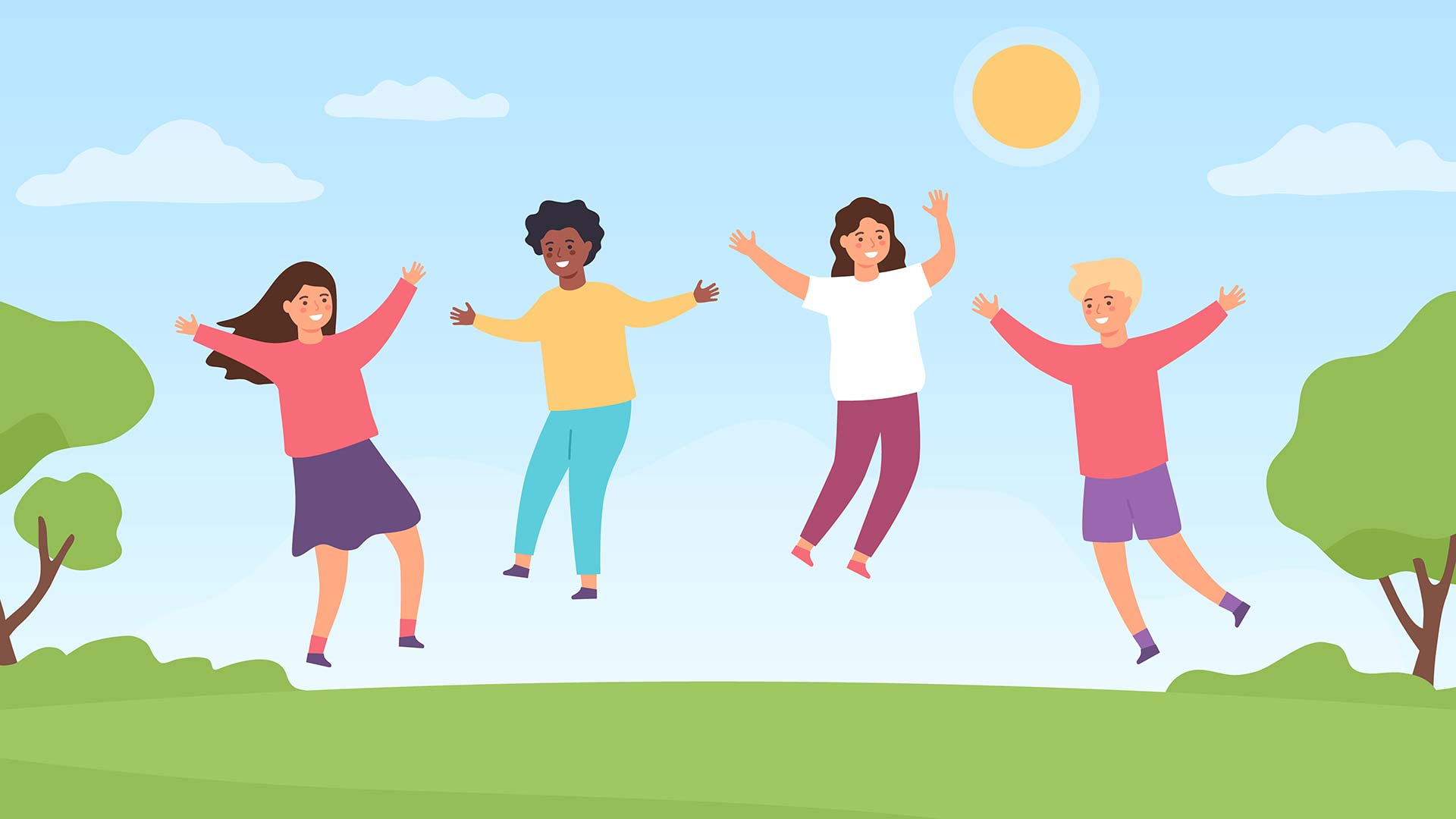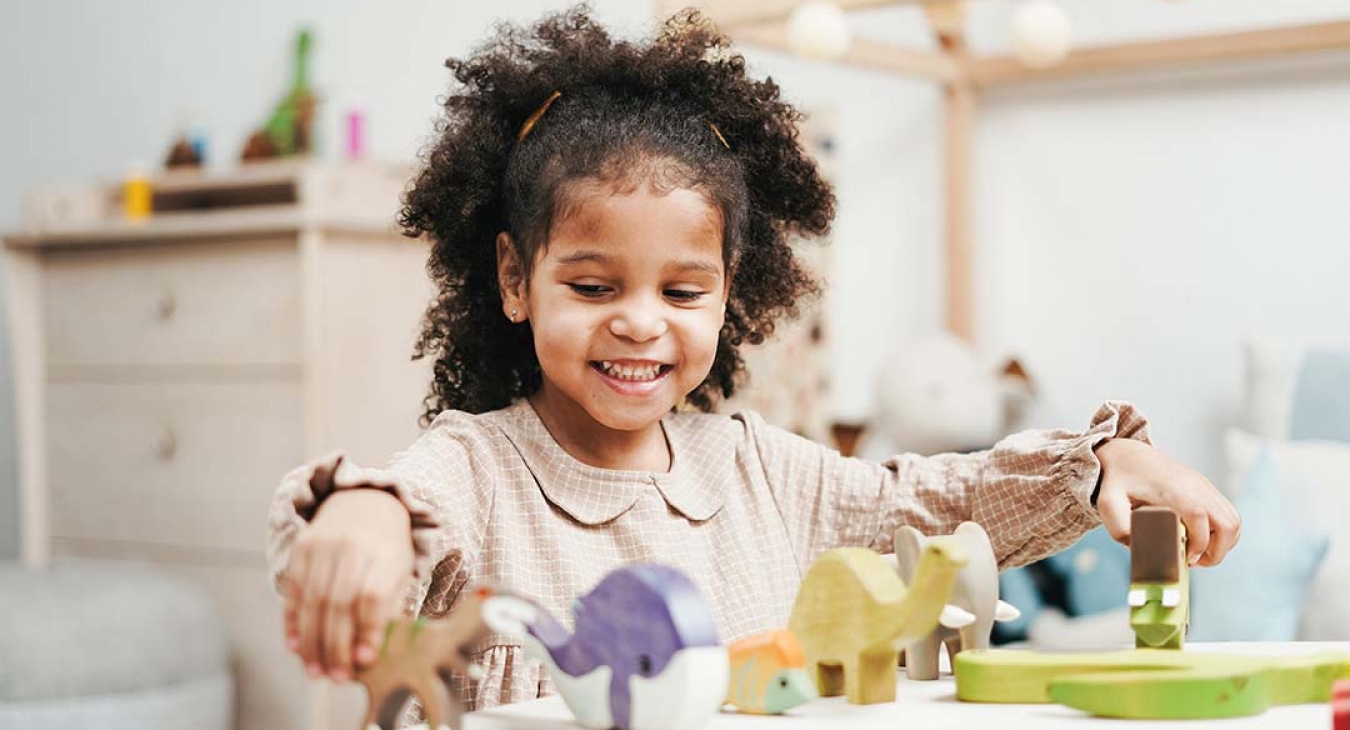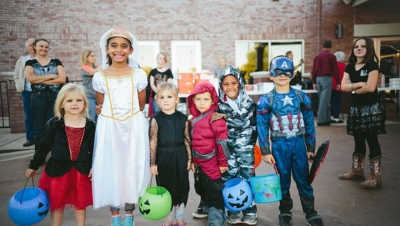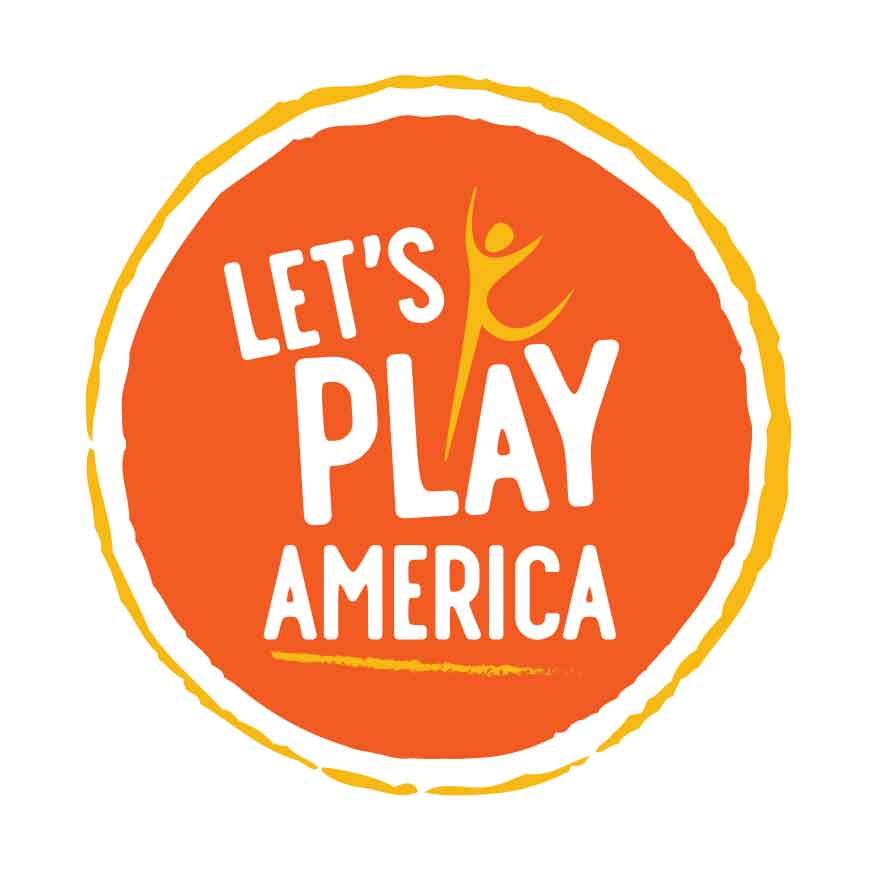How Playtime Improves Children’s Mental Health
“Play is the highest form of research,” said the famous scientist Albert Einstein. But this is only scratching the surface of the importance that playing has for children.
Play is a great stress-relief tool (yes, even children can be stressed). It is also one of the best ways for kids to develop emotional and social skills. It helps children experience and understand complex emotions such as self-confidence, joy, trust, and even anger. Playing offers a wide range of benefits for children’s physical and emotional development, so let’s explore the ones that affect mental health.
It Promotes Positive Feelings
Children often say they feel bored or show disinterest when they’re not playing or when they’re forced into some form of structured play. Unstructured play, where they can express their imagination and creativity, evokes feelings of joy and thrill. It also makes them feel independent and in charge, which further encourages positive emotions.
It Helps Relieve Stress
Children are often exposed to stressors. A lot of things can cause anxiety in kids, including tension among parents, poor relationships with their peers at school, and exams. Outdoor play can especially have a soothing effect on children experiencing exam stress, for example. The outdoors give children the freedom to release their energy, and vitamin D makes them healthier.
It Builds Resilience
When kids play and explore, they face challenges, risks, and the unknown. All this helps them develop coping skills and emotional reactions that improve their capacity to manage hardships. These skills are crucial for their growth and good mental health in childhood, adolescence, and adult age, but also their social relationships.
It Helps Create and Maintain Healthy Relationships
Speaking of relationships, playing gives kids the chance to improve their social competence. By participating in games and unstructured play, children develop their emotional intelligence, problem-solving skills, and empathy. If they are playing with their peers, kids learn how to compromise and cooperate. Other than improving peer-to-peer interactions, playing can also help with nurturing parent-kids relationships, if you join the fun.
It Boosts Focus
It’s often a challenge to get kids to sit in one place and do their homework or study. It is in the nature of most kids to be exuberant and energetic, so you can’t expect them to be fully focused. However, playtime can help with that, especially if they are playing with regular toys instead of their computers and tablets. Children can reach better focus when the play is challenging them mentally and when they don’t have too many distractions around.
It Helps Them Express Themselves
Expressing oneself is often a problem even for adults. Creative playtime, where kids use their imagination and various skills, helps them connect with their emotions and express who they are. By acting out stories, characters, and situations, they can say or show things they keep inside. Also, play fosters creativity and can help kids develop interests in specific areas that could last a lifetime.
It Builds Self-Confidence
Kids today feel pressured to achieve excellence in school, sports, and various extracurricular activities. The pressure can make them feel insecure and anxious. The solution for that is allowing them to simply be children.
And that’s where unstructured creative playtime is vital. Through it, kids can put their ideas into reality and feel that they’ve accomplished something. Even if they fail, they will do that on their own and try again. Or maybe they’ll try something different. Just remember to give them enough encouragement.
It Helps Them Explore and Overcome Their Limits
Through challenging play, children test their limits, discover them, and eventually (if it’s possible) overcome them. A great example of this is the experience of learning how to ride a bike or swim. Other activities can also provide a similar experience, as long as kids meet challenges through play.
Releasing Trauma-Related Emotions
Unstructured play has a therapeutic effect on emotionally distressed kids because it encourages them to express themselves emotionally through play. Some children who have been through traumatic experiences, such as family disruptions (divorce), natural disasters, abuse, bullying, war, or something similar, have a difficult time saying and showing how they feel. However, when playing, they can release these emotions and share what they feel more freely.
In Closing
Finally, playing is simply fun. It helps kids, as well as adults, release endorphins, increasing feelings of happiness. It comes naturally for kids – and we need to enable them to do what is natural for them.








